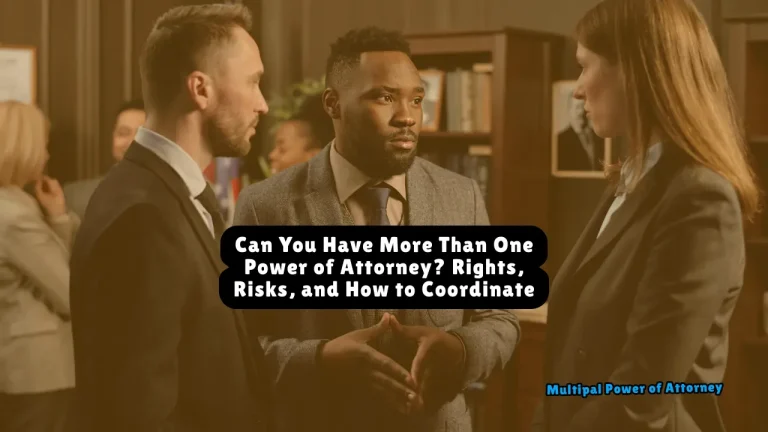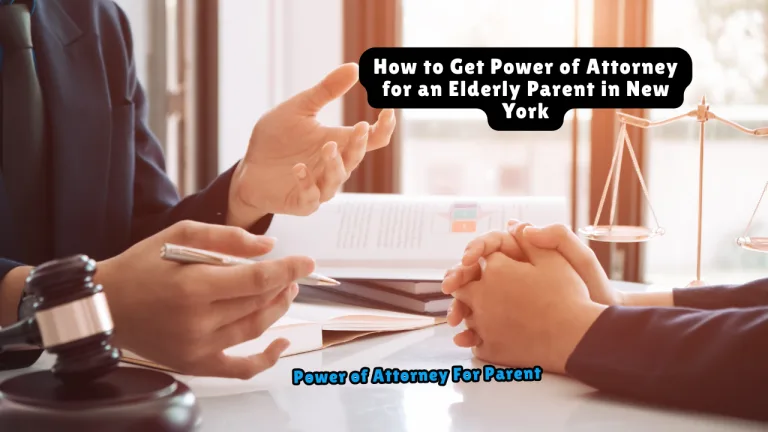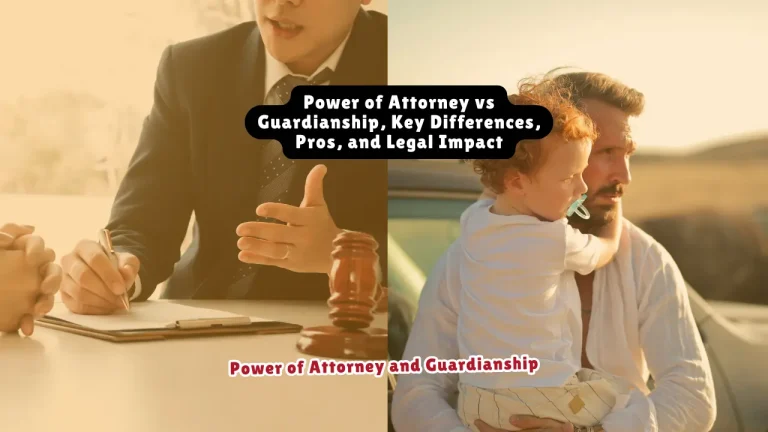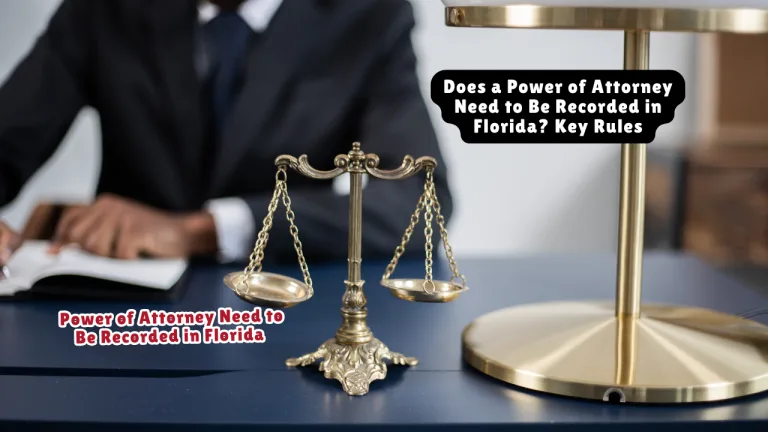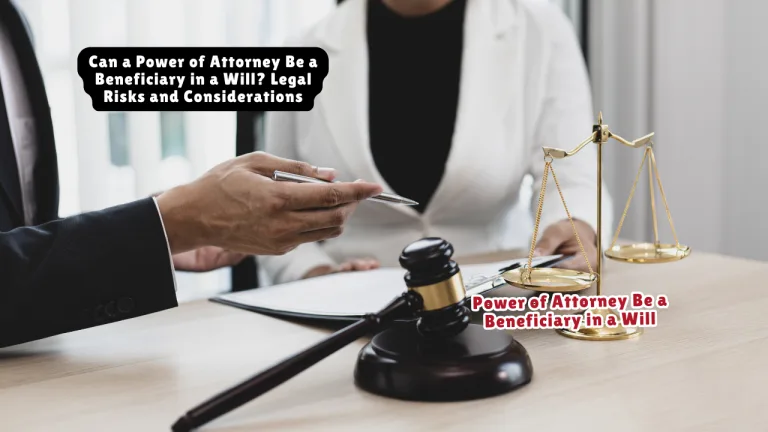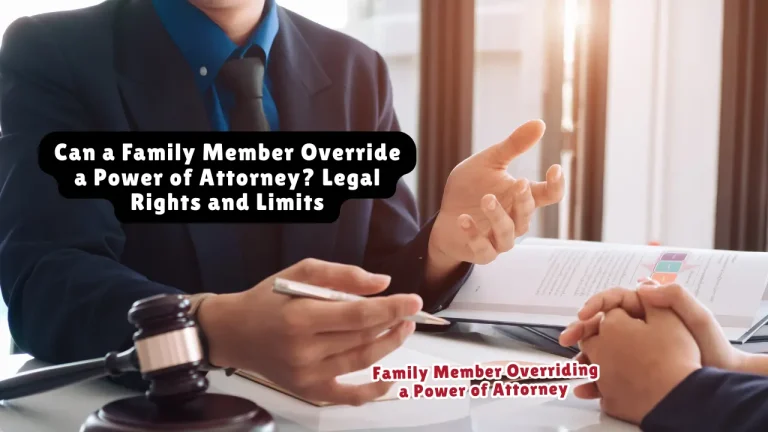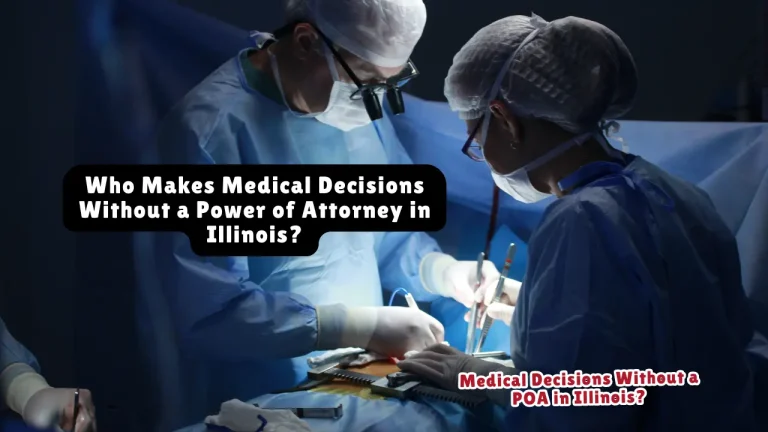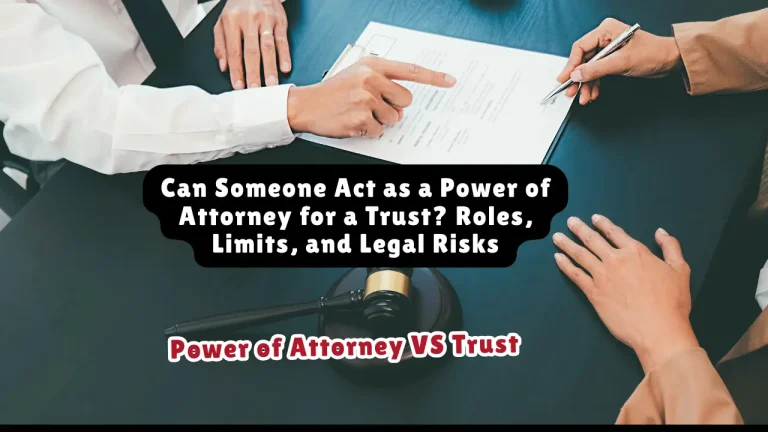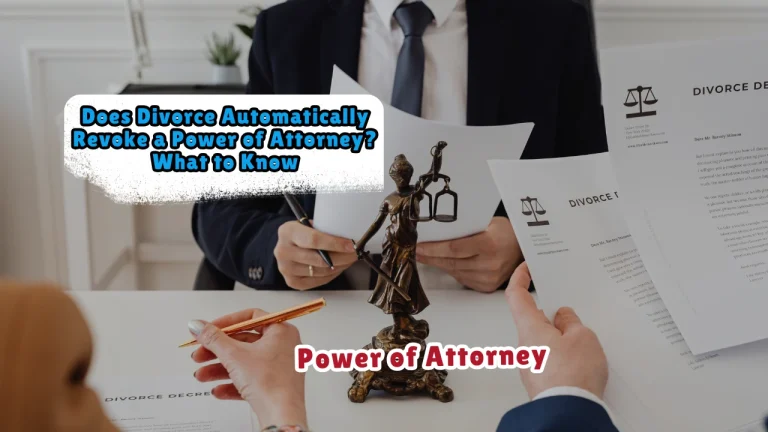Can You Have More Than One Power of Attorney? Rights, Risks, and How to Coordinate
Yes, you can have multiple Powers of Attorney (POAs) for different purposes or agents, and it’s legally permissible in all U.S. states. However, overlapping authority can lead to confusion or disputes unless roles are clearly defined. Common setups include: How Multiple POAs Work: 3 Common Scenarios 1. Different Agents for Different Responsibilities Example: Pros: Cons:…

